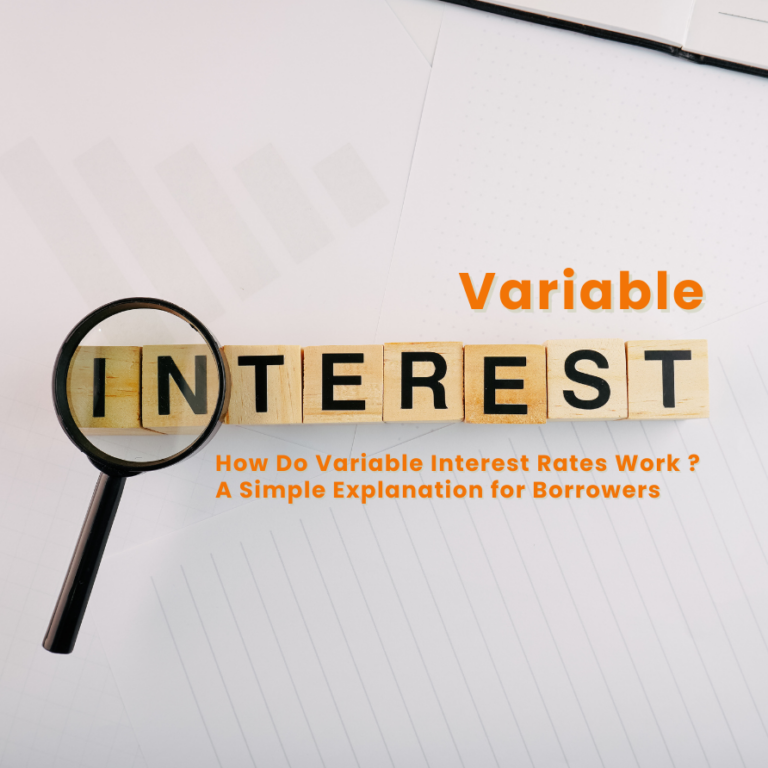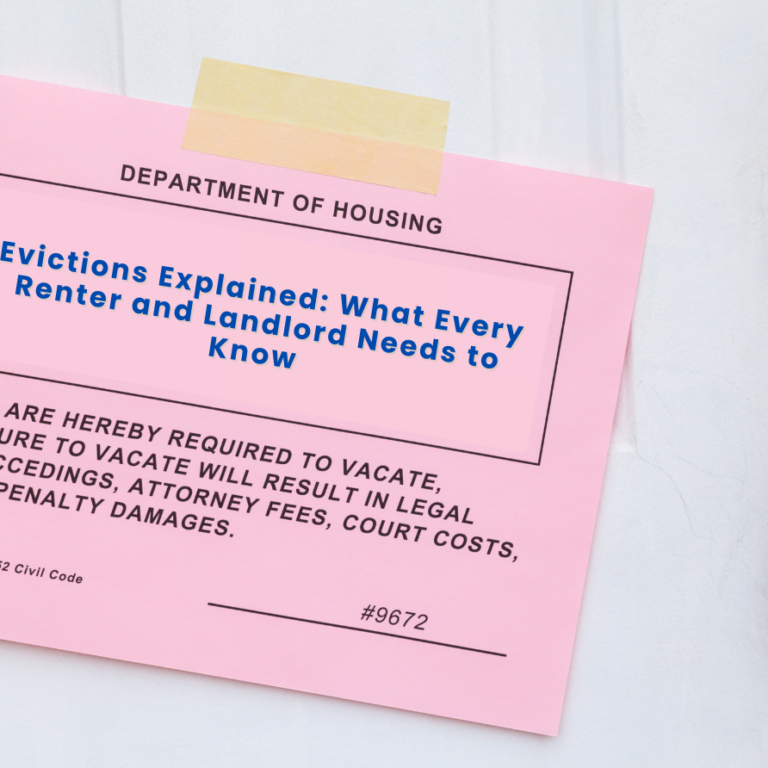Best Financial Advice for Young Adults, Couples, and Seniors
Introduction In today’s uncertain economy, getting the right financial advice is more important than ever. With inflation, market volatility, and changing job landscapes, managing money wisely can mean the difference between financial security and constant stress. In 2025, economic uncertainty has become the new normal. Inflation continues to reshape purchasing power, job markets remain volatile,…









